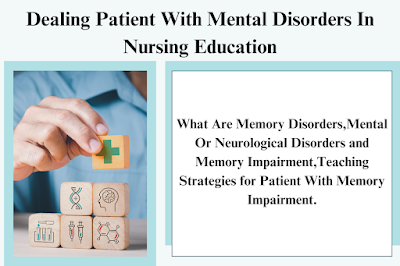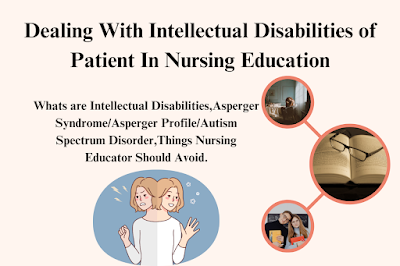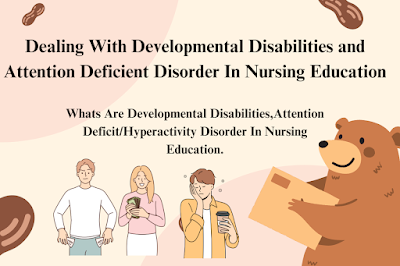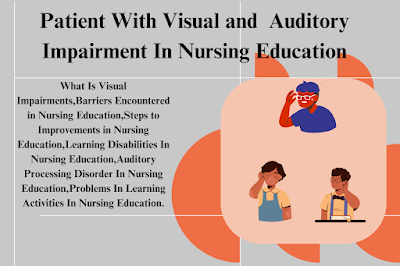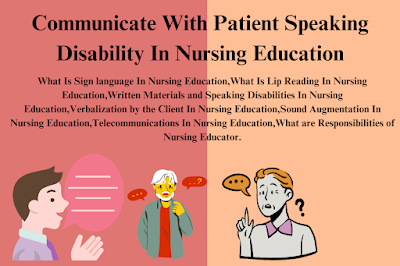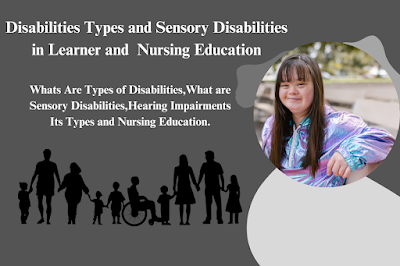Dealing Patient With Mental Disorders In Nursing Education
The Dealing Patient With Mental Disorders In Nursing Education. In nursing education, the treatment of mental disorders requires the transmission of knowledge and skills for the effective care of patients with the corresponding illnesses. This includes understanding mental health concepts, developing therapeutic communication techniques, and learning various interventions, including medication management and psychosocial therapies. Furthermore, … Read more
